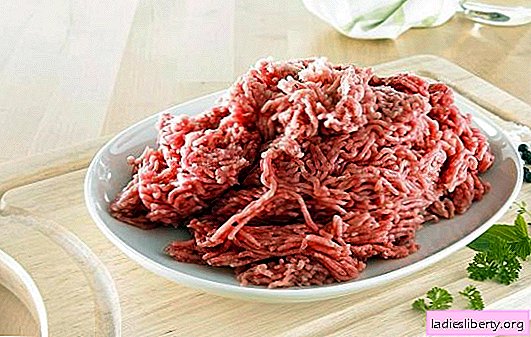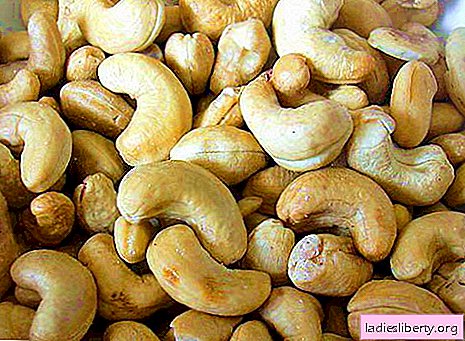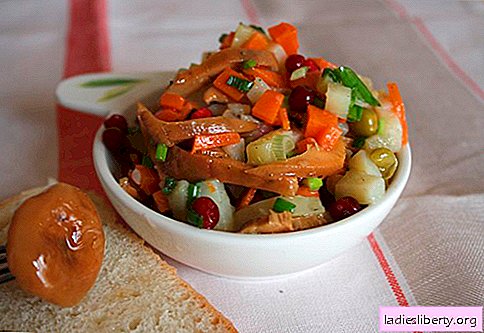
In 74% of pregnant women eating habits change. According to older data, during pregnancy, a woman eats 2-3 times more than usual. But do you really need to eat twice as much?
Pregnancy Nutrition Changes
Especially women who are pregnant for the first time receive nutritional advice from friends and acquaintances. According to experts, fish and folic acid should be on the menu of every woman during pregnancy.
Hormonal changes are not the main cause of hunger and sudden overeating. Many women suffer from unstable blood sugar, and this causes cravings for sweets.
If sweets are desired, the blood sugar level must first be stabilized with protein or fiber-rich foods. Natural yogurt, nuts or whole grains are suitable for this. Only then can you use a small portion of sweets - dried fruits or dark chocolate.
The cause of cravings and excessive appetite for certain foods can also be found in nutrient deficiencies. In this case, a pregnant woman should pay special attention to a healthy diet. First of all, excessive consumption of protein-rich foods (meat, sausage, eggs, fish) and sugar products (sweets, pastries) should be avoided.
Some desires do draw attention to deficiency and thus prevent nutritional deficiencies. The lack of vitamin C and iron is offset by the desire and consumption of fruits and fruit juices.
The need to eat salty foods has a positive effect on the prevention of edema. Green vegetables and salad cover the need for folic acid. Women who are prone to overeating should always eat at least 5 small meals a day.
Just a few months ago, researchers reported that drinking caffeinated beverages is a risk factor for miscarriage. It's not just about “what's on the table,” but also about “how much.” In this case, they often say: "Pregnant women should eat for two."
The need for calories in expectant mothers is growing?
Christian Albring, president of the Professional Association of Gynecologists, said calorie demand is growing only marginally. In the first trimester of pregnancy, energy requirements increase by about 200 calories per day.
Expectant mothers should eat about 250-300 calories more than before pregnancy. “It's not very much,” the gynecologist explained. However, the need for iron, iodine and other trace elements is very high. Pregnant women also have an increased need for vitamins. Therefore, you need to eat for two, but not twice as much.
1-2 glasses of water for food
In addition to limiting nutrition, there are other simple nutritional rules. Expectant mothers should eat regularly and throughout the day.
As a rough guide, you need 3 main meals per day. If there is a feeling of hunger between them, if necessary, you can add 2 snacks.
During pregnancy, the choice of food and, therefore, the composition of nutrients should be carried out very carefully. The menu should have a lot of vegetables and salad. According to experts, at each meal should drink from 1 to 2 glasses of water.
What not to eat?
In addition to eating during pregnancy, you should also pay attention to some other substances. Alcohol and nicotine intake should be minimized. Ideally, you need to completely abandon psychotropic substances.
Excessive alcohol consumption can also cause birth defects - fetal alcohol syndrome. Excessive consumption of coffee or tea with meals during pregnancy should also be avoided.
Although caffeine is not as harmful as nicotine or alcohol, it can still lead to developmental disorders in large quantities.
Research shows that more than 6 cups of coffee per day significantly increase the risk of miscarriage.
During pregnancy, you do not need to eat raw milk, meat and fish. It is also necessary to properly wash fruits and vegetables, which reduces the risk of developing infectious diseases - toxoplasmosis, listeriosis, or salmonella poisoning.











